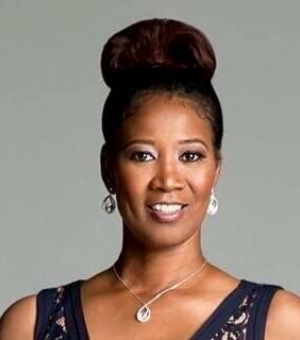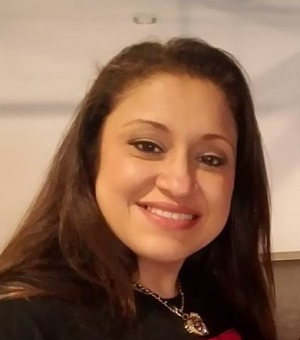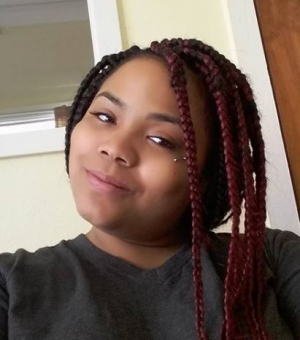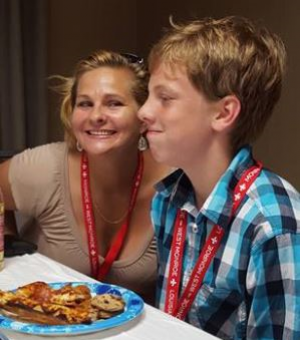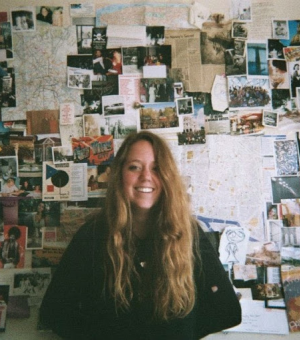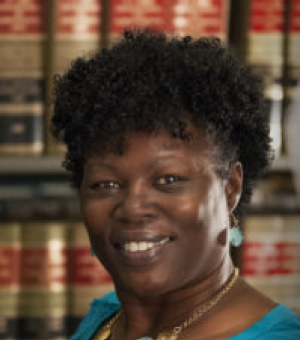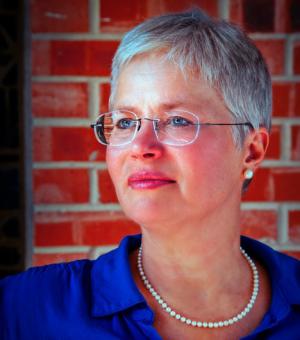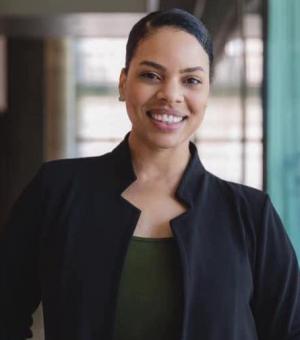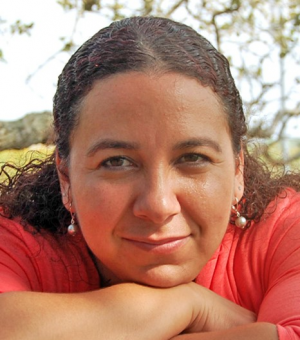
Hannah Overton
I think contact with children should be allowed, even in child cases, but the visit should be carefully monitored. I lived in a maximum security prison for 7 years. Most, if not all of the women I encountered, would never be a threat in a visiting room. When deciding which unit to place a women in, I think the distance from her children should be considered. Phone calls should be affordable, so everyone has access, and I believe the phone system should be much easier to set up, since the current system is often difficult for the families to understand.
Read her story »